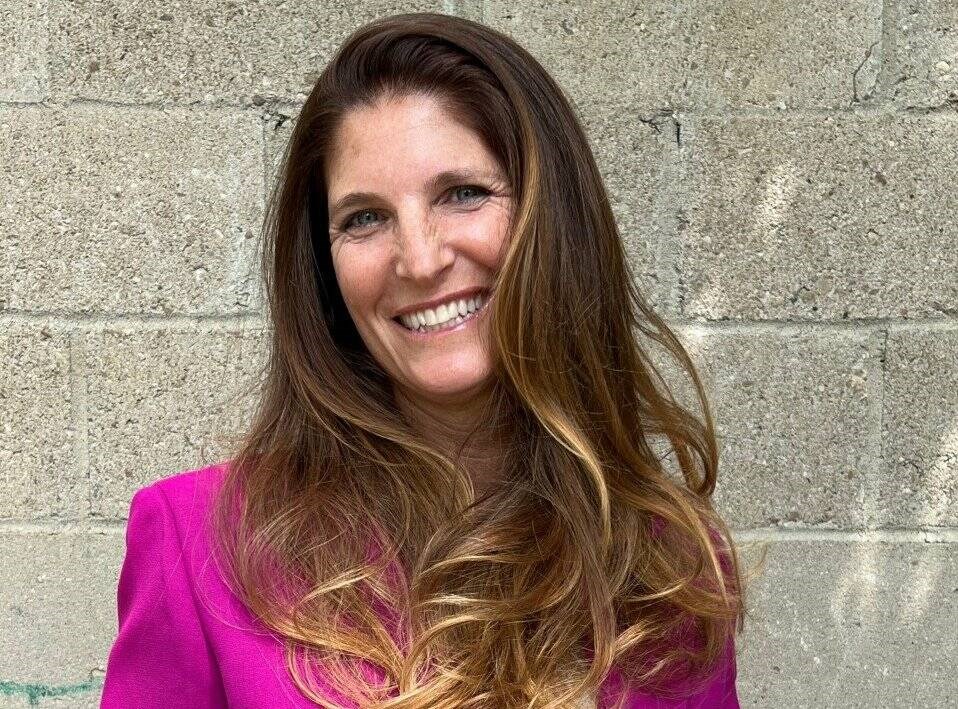Dear Lisi: My sister is rude, angry, aggressive and toxic. I have tried several different ways to alter our relationship to save myself from her nasty behaviour. Nothing seems to work. And now she’s going after my wife.
We were close as brother and sister when we were children, went our separate ways as teenagers, then got close-ish again when our other sibling was diagnosed with a life-threatening disease and subsequently died.
But about six months after his passing, my sister just flipped. She’s unreasonable, irrational and impossible. She makes it hard to do anything, from getting together for dinner to spending time with our parents and families. I’ve already lost one sibling. I’d rather not lose another. What do I do?
Suffering Sib
Families are so complicated and complex, as is the mind. I’m not a mental health expert but it sounds to me as if your brother’s passing affected your sister in a deeper way. Not deeper than how it affected you, but deeper in her own psyche. She is suffering and needs professional help.
If possible, talk about this with your parents and her partner. See what they think. If they are seeing what you’re seeing, then you could all work together to get your sister the help she needs.
In the meantime, just try to stay out of her target zone. If you need to make plans or sort something out, perhaps engage with her partner (if she has one). Or get your parents to organize her part of whatever’s going on.
Dear Lisi: A few weeks ago, I was talking about topics of discussion with a colleague of mine. For some reason, I suggested she contact funeral homes and see how the COVID pandemic affected their business then, and how it’s changed forever.
The idea came to me because a friend of mine was dealing with the recent death of his father-in-law, and was complaining about the funeral home.
In a terrible coincidence, the day I sent my colleague the email with my suggestion, her nephew was killed in a tragic boating accident. I had no way of stopping the email from reaching her, and felt sick about sending it.
I haven’t spoken to her since; we weren’t that close, and I didn’t know her nephew so didn’t attend any celebration of life or funeral gatherings. But I am now consumed with guilt. The biggest issue for me is that I want so desperately to reach out to her, as I lost a beloved family member in her teens. It was illness-related, but a loss is a loss.
Guilt-ridden
Strange coincidences happen in life, most of which are out of your control. You couldn’t possibly have known the future demise of your colleague’s nephew, nor did you cause it. Magical thinking is a type of cognitive distortion in which individuals believe that their thoughts or actions can directly influence and produce a specific outcome, either positive or negative.
Give your colleague space to grieve, but don’t wait too long to reach out. I suggest a phone call — it’s more personal than an email. Share your empathy for her loss, but don’t dwell on what happened in your family. It’s too soon for her. If you feel up for it, you can apologize for the awful coincidental timing of your suggested topic, but you need to know that what happened is in no way your fault.
FEEDBACK Regarding the young girl suffering from mono (July 26):
Reader — “Has anyone considered that the daughter suffering from mono might still be recovering and still feeling low energy? I had a colleague who contracted mono when he was in his 20s and he said he lost three years recovering. It’s not a minor illness for everyone, and can be quite serious.
“Losing a single year in university is not a big deal, to be honest. Life is long, and there are lots of opportunities. I am a high school dropout (due to illness) who ended up three years behind my high school cohort. I still managed to graduate with a high grade point average from a tough university, followed by a doctorate from another renowned university. I now work as a director in a Fortune 500 manufacturing company.
“It’s only been a year, but if she feels unsupported and misunderstood by her family, that could have longer term detrimental impacts. She should seek expert medical advice, from an immunologist or rheumatologist, as most GPs won’t have the training.”
Ellie Tesher and Lisi Tesher are advice columnists for the Star and based in Toronto. Send relationship questions via email to [email protected] or [email protected].



